THE Zimbabwe National Army's Military Intelligence (MI) unit has placed on its watchlist several civil society activists it claims are conniving with United States to unseat President Emmerson Mnangagwa through violent activities, the Zimbabwe Independent can reveal.
The MI is a military unit that uses information collection and analysis to provide guidance and direction to assist commanders in their decisions.
In a recently circulated internal memorandum seen by the Independent this week, the MI claims it has gathered intelligence on people, who it claims are being sponsored by and working closely with US nationals to unleash a wave of attacks "on strategic points using small arms, homemade bombs and explosives".
The targeted individuals, however, dismissed the allegations saying they are MI fabrications targeting the MDC and labour organisations who threatened to roll out demonstrations.
This comes amid growing security concerns in Mnangagwa's administration, which is currently prosecuting seven rights activists for participating at a workshop in the Maldives.
Government has also expressed fears of a possible civil unrest, while the opposition MDC and other civil society organisations have complained about state surveillance on their members.
The government has also been acquiring arms and training police officers to quell planned demostrations over the deteriorating socio-economic situation in the country.
Those placed on the MI watch list include the members of an organisation known as Generation Consensus, led by Ostalus Siziba; the Children of Zimbabwe War Veterans Association (Cozwa), led by Munyaradzi Shoko; and the Crisis in Zimbabwe Coalition (CiZC).
The MI, according to the document, got interested in them after they last month attended a workshop at a hotel in Braamfontein, South Africa.
According to the memo, the workshop which was code-named Savannah Revolution, ran under the theme "Political Revolution, National Order and Economic Revolution in Zimbabwe".
The workshop is said to have ran for two days on May 10 and 11.
The report alleges that there were six facilitators, including director of the Zimbabwe Research and Advocacy Unit Anthony Reeler, who has since been placed under MI watch and Willie Spies who was seconded by South African human rights group, AfriForum.
The MI identified two of the four American alleged facilitators, Nell Penner and Peter Tony as the main presenters.
Siziba denied participating at the workshop saying he only went to South Africa for a church event.
"The only time that I went to South Africa was to attend a church gathering and nothing else," he said.
CiZC denied sending its members to the workshop.
"We never sent people to that workshop. It's sad that they continue to generate reports so that they can create an opportunity to crackdown on the civil society. Let them know that civil society does not reconstitute the political order. We are not aware of any plans to undertake a revolution next week or any other time," CiCZ director Thulani Mswelanto said.
Reeler also denied participating at the workshop saying: "I did not attend any such meeting and have not been in South Africa since October 2016."
The army unit claimed in its memo that the workshop was part of America's broader strategy to destabilise the Sadc region and remove revolutionary parties from power, starting with Zanu-PF before spreading to other countries.
"Information was gleaned to the effect that on May 10 2019, four American nationals namely Nell Penner, Peter Tony and two others yet to be identified as well as Willie Spies, a South African member of Afriforum held a meeting at Parktonian Hotel, Braamfontein, South Africa. The workshop is code-named Savannah revolution, running under the theme ‘National Order and Economic Revolution in Zimbabwe'," the memo reads.
"Information at hand shows that the workshop entered day two on May 11 2019, where one of the American facilitators, Will Spies, highlighted that there was need for a political revolution in Zimbabwe in order to bring national order which would ultimately reclaim and unlock massive economic growth in the country. Spies claimed that no meaningful development can take off without considering a political revolution".
According to the MI memo, Tony allegedly took the participants through strategies of toppling a government which were described as non-violent struggle and violent struggle.
"The non-violent struggle was described as a strategic campaign to force a sitting government to cede power by depriving it of its traditional pillars of support. He went further to describe it as a full scale war, only that it is fought with other means than weapons. He said the a non-violent struggle calls for seriousness and needs to be carefully planned in the same manner like a military campaign," the document reads.
Tony is said to have further indicated that the modus operandi for the unseating would include massive demonstrations, sit-ins, student protests, civil disobedience and online activism.
"There is need to break people's fear and unlock the appetite of total willingness in the people in order to get them out into the streets in numbers. No government will shoot at say 5 000 people without drawing the attention of the UN and the full wrath of the US. If the numbers continue swelling, this will force government to give in.
Pressure will mount from both the regional and international community," the document reads.
Penner allegedly said: "Violent strategies include prompt attacks on strategic positions using small arms, homemade petrol bombs and explosives. The activists need to be in small groups in order to maximise effectiveness and safety as well as minimizing loss of life when government apparatus respond. Such movements should be quick and timeous and escape routes must be identified prior to action."
- the independent
 Zimbabwe announces strict enforcement of axle load limits
Zimbabwe announces strict enforcement of axle load limits  SA decry 'non-existent' Beitbridge border post security
SA decry 'non-existent' Beitbridge border post security  Millions celebrate Diwali festival in India
Millions celebrate Diwali festival in India  Zimbabwe's dollar stock exchange surges 45%
Zimbabwe's dollar stock exchange surges 45%  Gold edges up as traders await guidance
Gold edges up as traders await guidance  Karo Platinum Project capex rises to US$546m
Karo Platinum Project capex rises to US$546m  Young Investment Professional (YIP) Graduate Programme 2019
Young Investment Professional (YIP) Graduate Programme 2019 
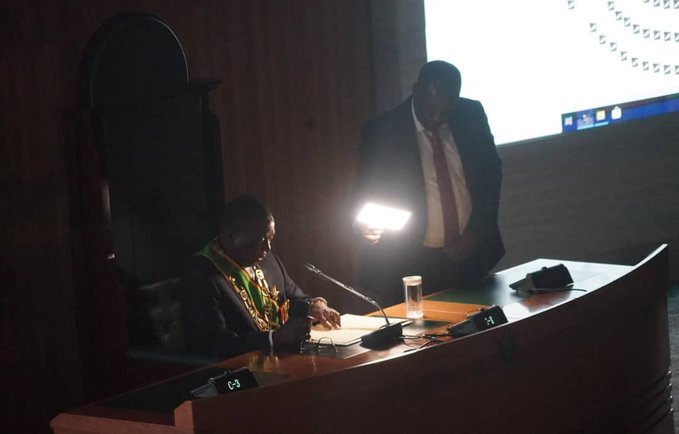
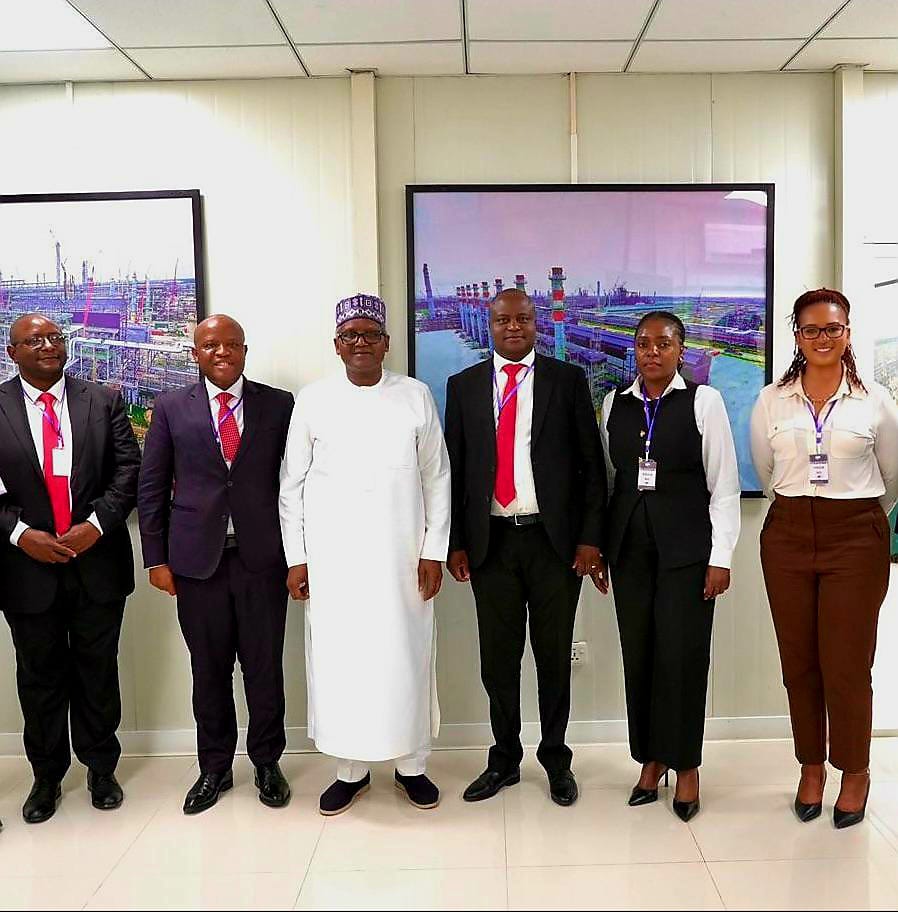
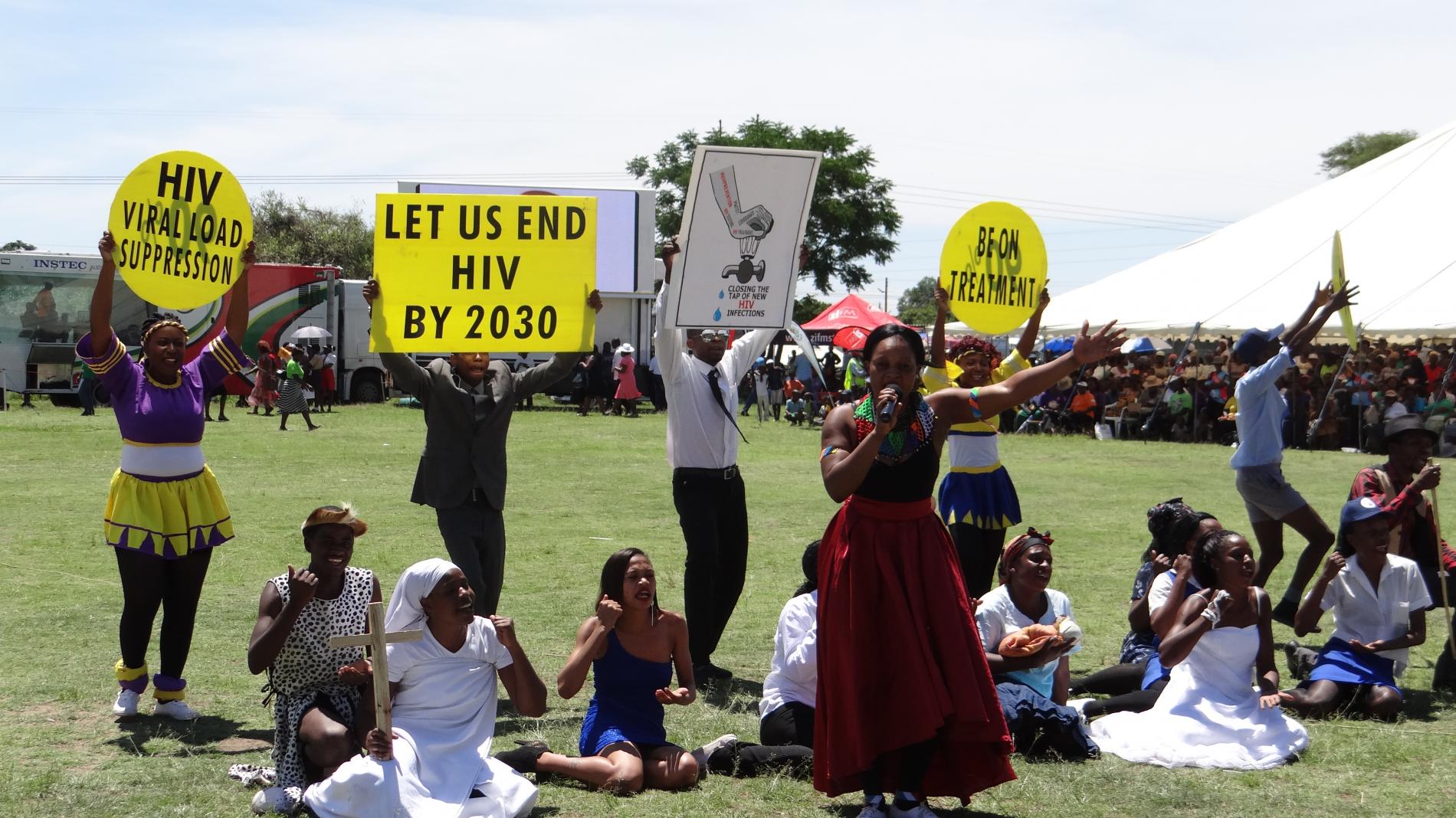
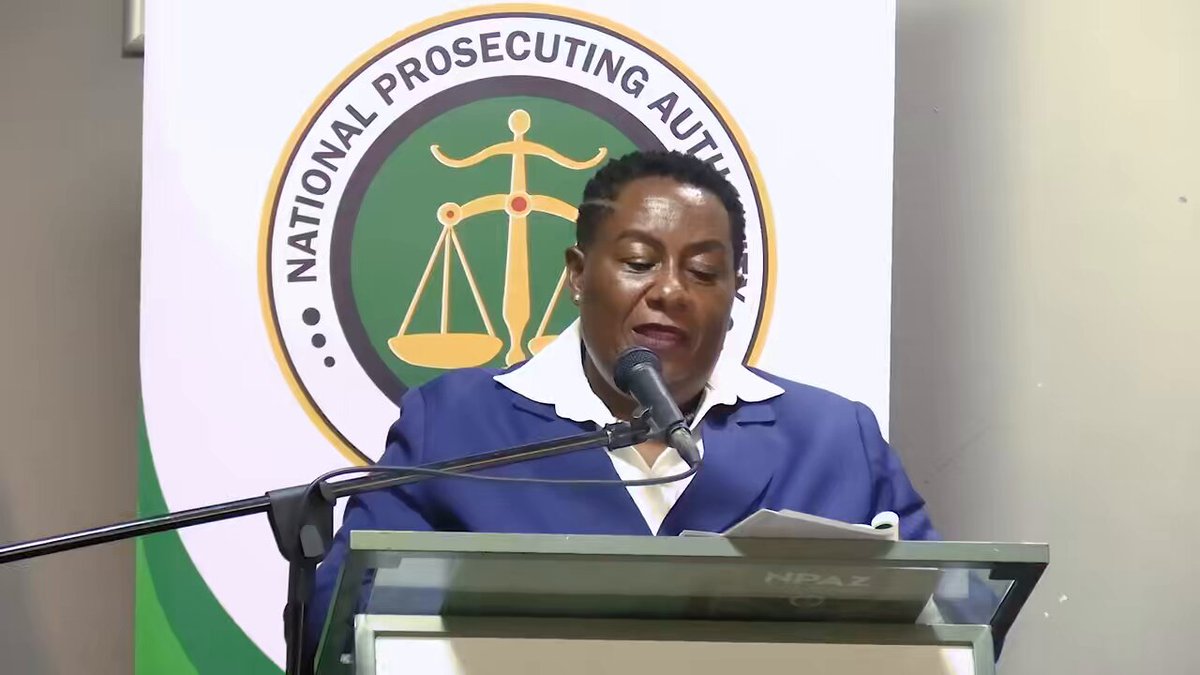


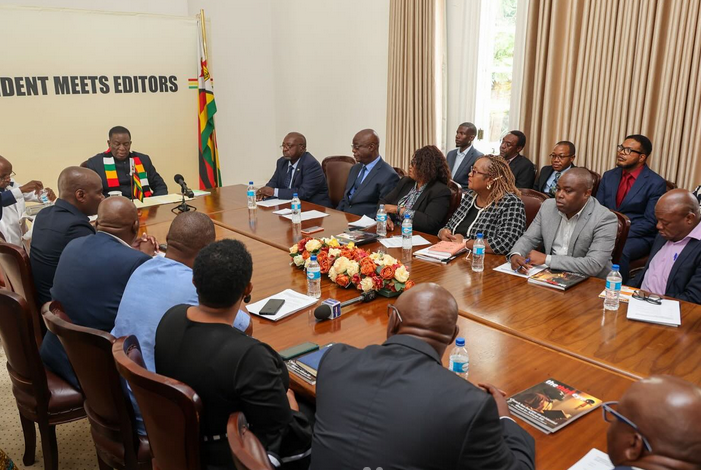
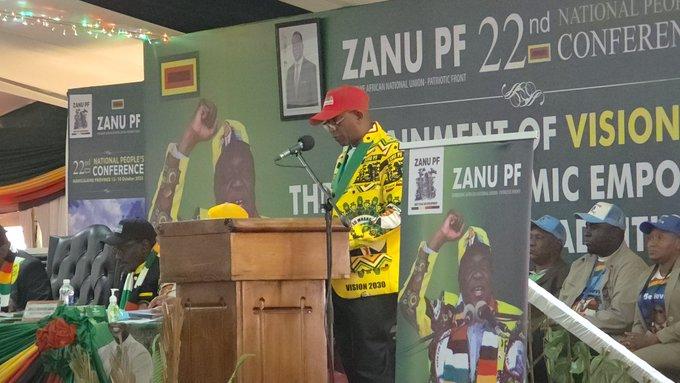

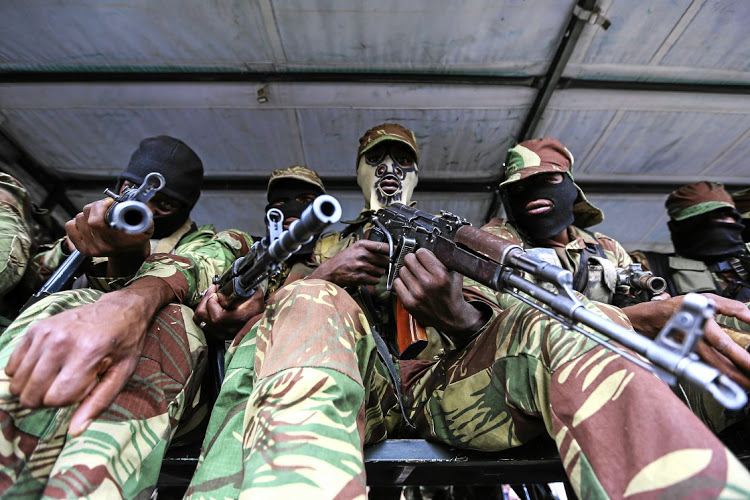
 Young Investment Professional (YIP) Graduate Programme 2019
Young Investment Professional (YIP) Graduate Programme 2019
Editor's Pick